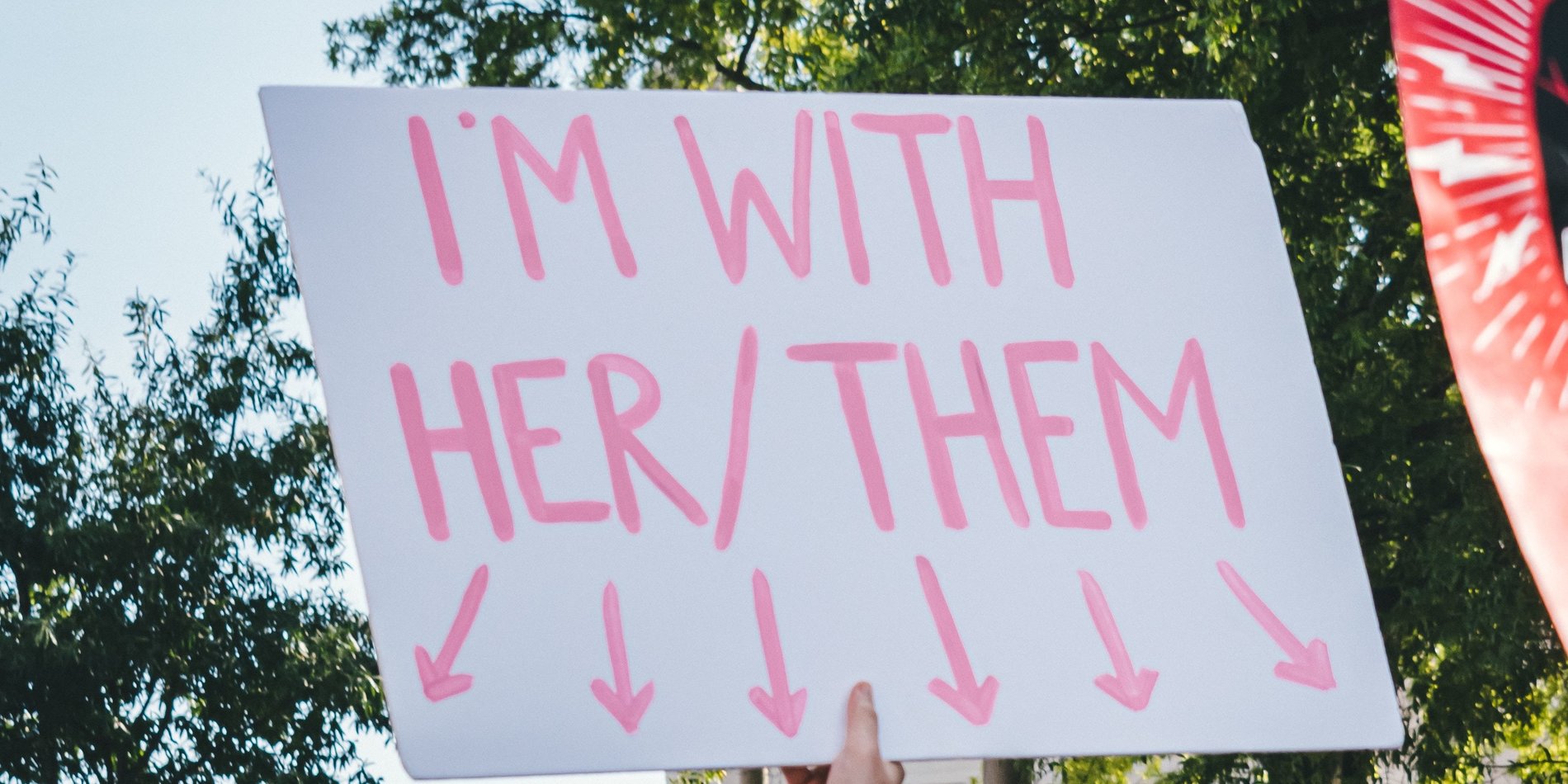FEMGEN 120Q: Storytelling for Reproductive Justice
General Education Requirements
Not currently certified for a requirement. Courses are typically considered for Ways certification a quarter in advance.
Course Description
Through what artistic and aesthetic techniques can we most effectively harness the power of political storytelling? In this creative writing course, we’ll read narrative journalism, personal essays, and contemporary fiction that expand and complicate our understanding of what’s at stake in the fight for reproductive justice. We will hear firsthand from activists about the writers and thinkers that shaped their work, the relationship between reading and changemaking, and the importance of amplifying new, more expansive definitions of reproductive justice. We’ll consider how a craft-based approach allows us to avoid the didactic and lean into the complexity, nuance, and intimacy that the best political writing has to offer. Students will be supported in conceptualizing, executing, and revising an individual creative writing project—fiction, personal narrative, poetry, or hybrid form—that represents a thoughtful contribution to the question: What does reproductive justice mean to you?
Meet the Instructor: Rose Himber Howse

“I’m a queer fiction writer and essayist from the Southern Appalachians and Lecturer in Feminism, Gender, and Sexuality Studies. I’m also a former Wallace Stegner fellow here at Stanford and Steinbeck fellow in fiction at San Jose State University. My writing appears in Joyland, The Carolina Quarterly, YES! Magazine, and elsewhere. My creative work is interested in how people from marginalized backgrounds define and create community, family, embodiedness and belonging. In my work as an abortion clinic escort and abortion fund caseworker, I’ve seen firsthand the power of language and narrative in organizing, advocating, healing, and reimagining a more just future. I believe that the best political writing doesn’t give us answers, but helps us ask more profound, informed, and complex questions of systems, ourselves, and each other.”



